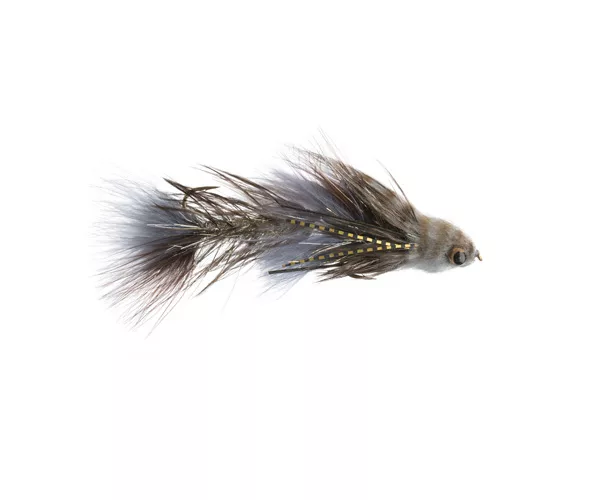Bighorn River Fishing Report
Date: 02/12/2026
Posted by: Toby SwankCurrent Conditions
The Bighorn River is fishing great. Conditions have been stable, and the river is offering steady action for anglers focusing on the right approach.
Late morning through the afternoon has been the most productive window. Mornings have been slower, with activity improving once the sun gets on the water.
Nymphing has been the best. Midges are driving the majority of the action, with zebra midges, small sow bugs, and scud patterns producing consistently. Fishing deep and keeping your flies near the bottom has been key, especially in the slower runs and tailouts.
Dry fly fishing has been a legitimate option on calmer days. Midge hatches have brought fish to the surface during the warmest part of the afternoon. The window can be short, but anglers watching for rising fish have found steady opportunities when conditions line up.
Streamer fishing has been slower overall. A few fish have moved on overcast days, but it has not matched the consistency of nymphing or the afternoon midge hatch.
Overall, the Bighorn is offering dependable winter fishing. Plan around the midday midge activity and expect nymphing to provide the most consistent results.
Additional Resources:
- Bighorn River Fly Fishing In Winter
- Bozeman Fly Fishing In Winter
Stream Flows
Flows
Recommended Flies

Tailwater Sowbug

Sparkle Minnow

Skiddish Smolt

Gray Gonga

Black Lite Brite Perdigon

Black Zebra Midge

Orange Scud

Tungsten Tailwater Sowbug
Bighorn River Fly Fishing
The Bighorn River, emerging from the base of Afterbay Dam near Fort Smith, Montana, is one of the state’s premier tailwater fisheries. Fed by cold, consistent flows from Yellowtail Dam, the river offers exceptional fly fishing opportunities across the first 35 miles—especially between the Afterbay and Bighorn Fishing Access Sites.
The most popular stretch is the 10-mile float from 3-Mile to Bighorn Access. Here, anglers find productive seams, riffles, and side channels that are ideal for both floating and wade fishing. Dry fly action peaks during PMD and BWO hatches, while nymphing remains effective year-round.
Crowds are common from spring through early fall, particularly in the first three miles below the dam and at the 3-Mile fishing access site. This easily wadeable section includes legendary runs like the Breakfast Hole and Hot-Dog Run, where trout stack up in knee-deep gravel-bottomed riffles.
Further downstream, fishing pressure decreases and trout numbers taper off, but float anglers willing to explore these more remote stretches will find reprieve from the crowds.. Late summer and fall can be tricky due to aquatic vegetation and irrigation returns.
Whether you're casting dries, drifting nymphs, or stripping streamers, the Bighorn delivers consistent action for wild brown and rainbow trout—making it a must-visit for serious fly anglers in Montana.
Additional Bighorn River Fly Fishing Resources
Montana River Shuttles
Post Date: 03/29/2025
River shuttle services are an integral part of the Montana fly fishing scene as floating these legendary western rivers is the standard way to fish and experience them. Be sure...
Learn MoreMontana Fly Fishing Trip Photo Galleries
Post Date: 03/29/2025
Get a glimpse into a day of guided fly fishing in Montana from the viewpoint of the guides and guests with Bozeman fly fishing outfitter, Fins and Feathers Guide Service...
Learn MoreWhy Choose Us?
Post Date: 03/29/2025
Fins and Feathers Guide Service has been operating as a Montana fly fishing outfitter for 25 years! Our passion for fly fishing, on-the-water experience, and area of operation enables us...
Learn More



